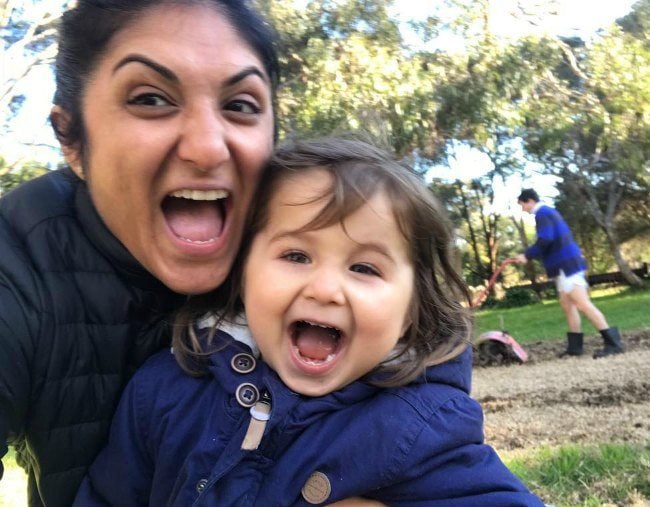
I would like to have an honest, non- judgemental chat about breastfeeding – a topic that can evoke a lot of anxiety and judgement.
I feel I can speak with some standing on this topic being a GP who sees lots of mothers and their babies but also as a mother who has breastfed and ridden the engorged, leaking rollercoaster. My own experiences have given me a deeper level of empathy for my patients and all mothers.
As a doctor I am aware of the numerous health benefits of breast feeding – both to mother and baby. A breastfed child has a reduced risk of being overweight or obese. The child also has a reduced risk of middle ear infections and a gut infection called necrotising enterocolitis. The rates of conditions such as childhood inflammatory bowel disease and coeliac disease are also lower in breastfed infants.
The breastfeeding mother also reaps rewards; she can reduce her risk of breast and ovarian cancer and evidence also suggests that by breastfeeding a woman can reduce her risk of heart disease in later life. Sadly, despite all the health benefits, an Australian survey in 2010 found that whilst 90 per cent of women initiate breastfeeding, only 15 per cent exclusively breastfeed their infant to the five-month mark.
My job as a GP is to support pregnant women/new mothers/families to make an informed decision that suits them when it comes to feeding their baby; I am not in the business of forcing my patients to do anything. So, whilst I am pro-breast feeding given the evidence-based benefits, I am also a realist and know that for some women, and some families, it simply isn’t feasible.
Let me take you back to two years ago, and you really need to envision this moment in your mind. I was a new mum, a GP and I had my own expectations weighing heavily on my shoulders. We had a traumatic birth with an emergency C-section and the psychological scars were far more gruelling than the physical ones.


Top Comments
Posted by Anita Link: The damage done to new mothers' mental health because of the pressure to breast feed from maternity hospitals, lactation consultants, and other well meaning health professionals far far out weighs the purported benefits of breast feeding in many cases. This is such a first world concern. We have a clean water supply. Ideally you want to get some colostrum into the baby in the first few days. Beyond that, formula is as good as breast milk. A happy mother feeding a baby formula is much better for the baby than a mother who has a perinatal mood disorder such as post natal depression caused in part by the pressure to breast feed, or worse a baby who is left without a mother because she has died by suicide.
Both of my children had 1 week of breast feeding. They are eight and twelve now. They are happy and healthy, emotionally intelligent, Neither is obese. Neither has allergies. They both do well at school. You can't tell when you meet them and spend time with them how they were fed as babies. Because it doesn't matter!
Neither my brother nor I could latch on to breastfeed, and my mother was made to feel as if she was doing something wrong by bottle feeding us formula. But we both turned out fine. And the added bonus of our father getting to bond with us over feeding was wonderful.
My sister-in-law had a very similar issue happen and so both my niece and nephew were bottle fed, and they have no issues either.
A friend of mine was determined to breastfeed, but she did not produce enough, nor was it beneficial enough for her daughter, so in effect she was starving her child.
My thought on this is (and no I don't have children), as long as your baby is getting nourishment and is healthy, isn't that the most important thing?